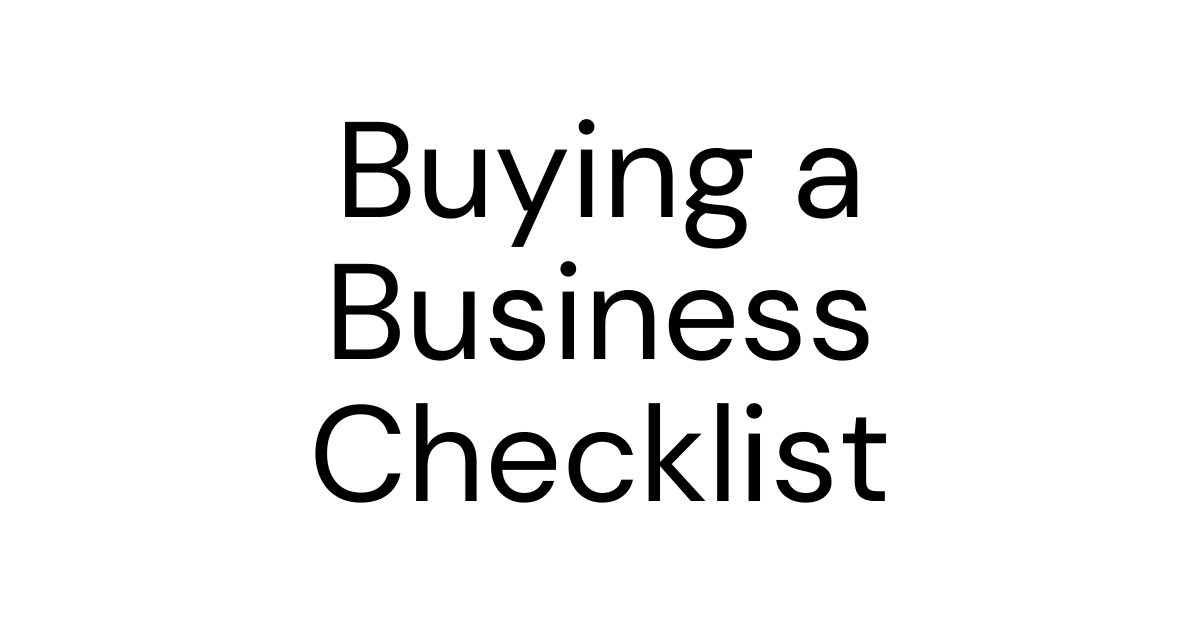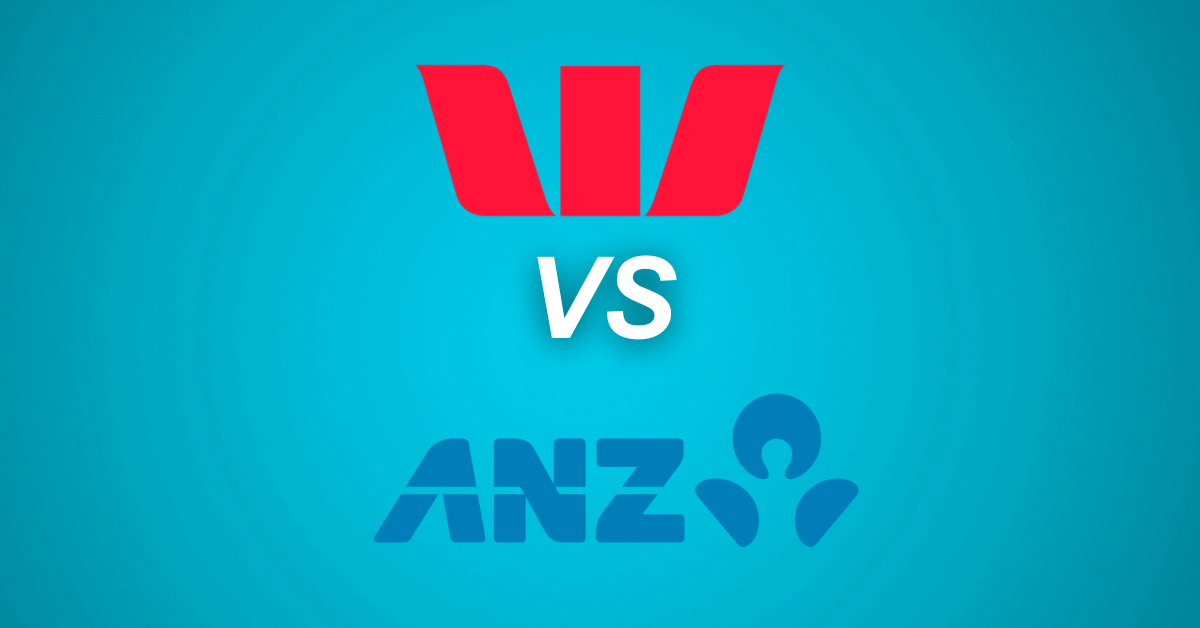Embarking on the journey of buying a business in Australia can be a transformative step for entrepreneurs and investors alike, offering a pathway to exciting opportunities and growth.
Whether you’re a seasoned business professional or new to the world of business acquisitions, having a comprehensive business purchase checklist is essential to navigate the complexities of the process.
From understanding the nuances of investing in Australian businesses to uncovering valuable business acquisition tips, this guide aims to empower you with the knowledge and confidence needed to make informed decisions.
By exploring key considerations and sharing actionable advice, we strive to be your trusted partner in successfully buying existing businesses in this dynamic market.
NOTE: Get your free checklist below: Buying a Business in Australia.
Understanding the Australian Market
Before buying a business in Australia, it’s crucial to gain a comprehensive understanding of the local market dynamics. This section explores the importance of thorough market research and how to identify promising business opportunities.
Importance of Market Research
Market research is the cornerstone of successful business acquisitions in Australia. It provides invaluable insights into industry trends, consumer behavior, and competitive landscapes.
Begin by analyzing industry reports and economic forecasts. These resources offer a macro-level view of market conditions and growth potential. Pay close attention to sector-specific trends that may impact your chosen business.
Next, dive into consumer demographics and preferences. Understanding your target audience is crucial for assessing a business’s viability and potential for growth. Consider factors such as age distribution, income levels, and cultural nuances that may influence purchasing decisions.
Lastly, conduct a competitive analysis. Identify key players in the market, their strengths and weaknesses, and potential gaps that your business could fill. This information will be invaluable when formulating your business strategy and negotiating the purchase.

Identifying Business Opportunities
When investing in Australian businesses, it’s essential to spot promising opportunities that align with your goals and expertise. Start by evaluating your own skills, interests, and financial capacity to narrow down potential sectors.
Consider emerging industries or those undergoing significant transformation. These often present unique opportunities for innovation and growth. For example, the renewable energy sector or digital health services are experiencing rapid expansion in Australia.
Look for businesses with strong fundamentals but room for improvement. These may include companies with solid customer bases, valuable assets, or established brand recognition, but perhaps lacking in areas like marketing or operational efficiency.
Network with local business associations, attend industry events, and engage with business brokers. These connections can provide insider knowledge and access to off-market opportunities when buying existing businesses.
Lastly, don’t overlook the potential of regional or rural businesses. While metropolitan areas are often the focus, regional centers can offer unique advantages such as lower competition and strong community support.
Preparing for a Business Purchase
Proper preparation is key when buying a business in Australia. This section covers essential financial assessments and legal considerations to ensure you’re well-equipped for the acquisition process.
Financial Assessments and Budgeting
Financial due diligence is a critical step in the business purchase checklist. Start by assessing your own financial position, including available capital, borrowing capacity, and risk tolerance.
Next, analyze the target business’s financial health. Review at least three years of financial statements, including balance sheets, profit and loss statements, and cash flow reports. Look for trends in revenue, profitability, and debt levels.
Also, consider engaging a professional accountant.
Closing Summary: Buying a Business in Australia
Buying a business in Australia is a major decision, but with the right checklist and preparation, it can be one of the smartest moves you’ll ever make. Whether you’re a first-time buyer or a seasoned entrepreneur, having a structured plan ensures you avoid common pitfalls and make a sound investment.
Our free checklist you follow should start with thorough research and due diligence. This means understanding not only the financial health of the business but also the industry, local market trends, customer base, competitors, and any regulatory issues. Don’t take anything at face value — always request verified documentation like financial statements, tax records, lease agreements, and legal contracts. If anything seems unclear, involve a lawyer or accountant to interpret the fine print.
Once you’re satisfied with the information, assess the value of the business. Many buyers make the mistake of paying more than a business is worth simply because they fall in love with the idea of ownership. An independent business valuation, ideally conducted by a professional, will give you an objective view of what the business is truly worth — and provide leverage during negotiations.
Another critical step in your checklist should be ensuring the business fits your goals and skills. Just because a business is profitable doesn’t mean it’s right for you. Think about your lifestyle, your long-term ambitions, and the industry you’re stepping into. If you’re not passionate about it or lack the operational knowledge, your chances of success may be limited.
Financing is another key area. Explore your funding options early — whether through banks, private investors, or small business loans. In some cases, sellers may even offer vendor financing. Having your financing pre-approved can also give you an edge during negotiations and speed up the buying process.
After agreeing on terms, formalize the deal with a written contract. This should clearly outline what’s included in the sale — assets, liabilities, staff arrangements, and post-sale support. Ensure that the contract protects your interests and aligns with all the representations made during due diligence.
Finally, have a transition plan. The handover period is crucial — especially if the seller is exiting immediately. Use this time to meet key employees, suppliers, and customers, and to gain a strong understanding of day-to-day operations. A smooth transition will increase the chances of maintaining momentum and staff morale after the change in ownership.
In summary, buying a business in Australia involves much more than just signing a contract. It’s a complex process that requires careful planning, trusted advisors, and a clear strategy. By following a comprehensive checklist, you’ll be better equipped to make informed decisions, reduce risks, and position yourself for long-term success. Whether you’re aiming to buy your first business or expand your existing portfolio, ticking off each step thoughtfully can turn your vision into a valuable and rewarding reality.




